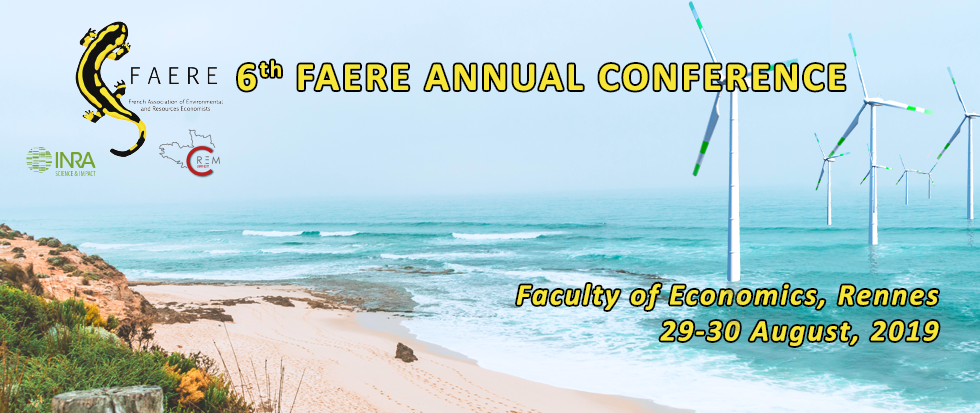Institutional quality has been known to be a key factor explaining economic growth, and more recently, sustainable development. We first theoretically consider how institutions affect natural capital degradation, in a model where forest is converted into agricultural land. Corruption in resource extraction may have positive or negative impacts on the change of renewable natural capital, depending on whether regeneration surpasses extraction, while corruption in land development always has a negative impact. We then empirically study how corruption control affects both non-renewable and renewable natural capital, using data from the Inclusive Wealth Report 2014. Panel data estimates show a significantly positive effect of corruption control on the change of non-renewable resources and increasing renewable resources in developing countries, partially supporting the theory. In addition, we find significantly positive effects of resource abundance, plausibly proxied by recoverable stock, on the change of non-renewable resources in developing countries, and on the change of declining renewable resources in developed countries.



